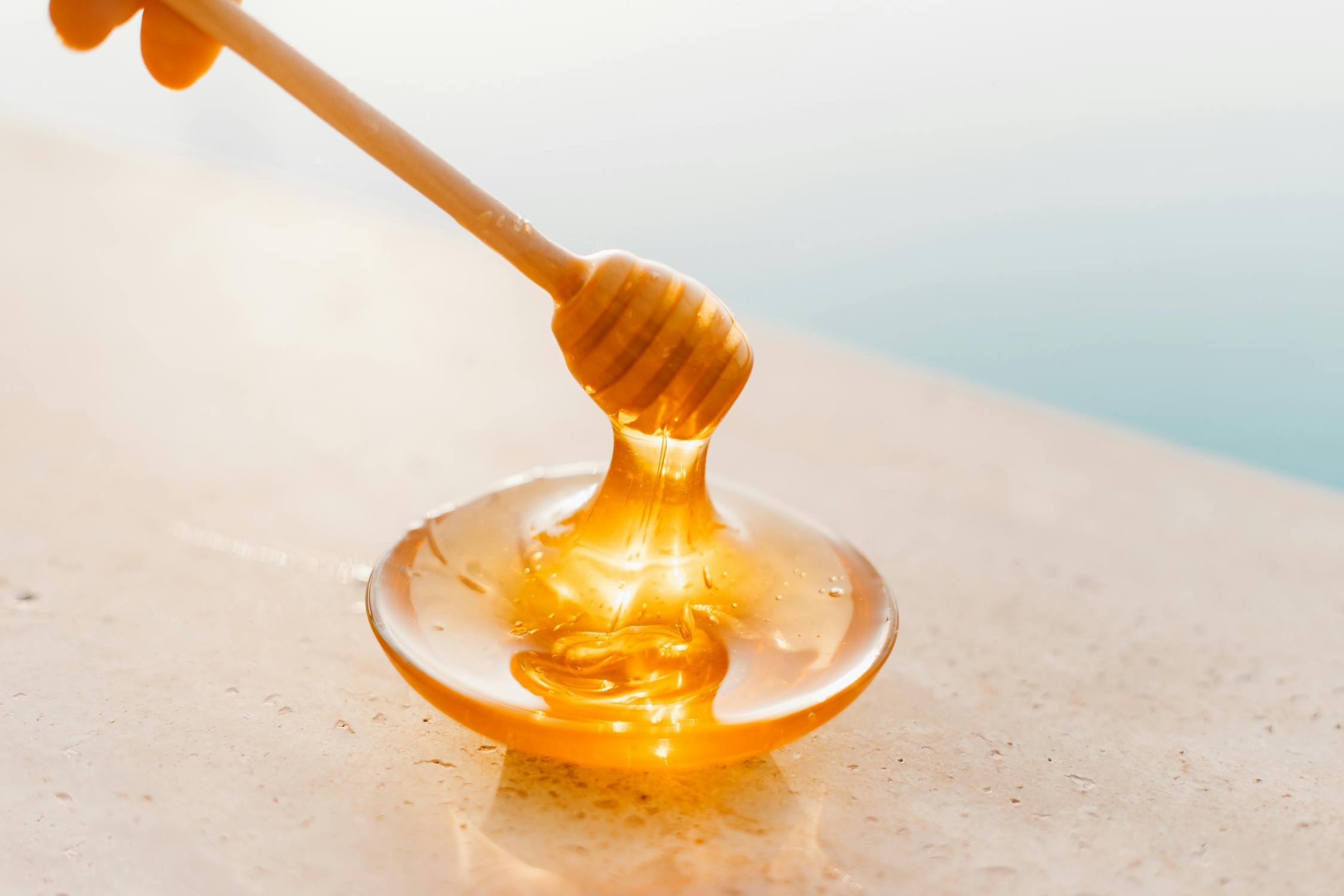Honey never spoils. Archaeologists have found pots of honey in ancient Egyptian tombs that are over 3,000 years old and still perfectly edible.
In the realm of preserved foods, honey reigns supreme as the ultimate testament to longevity. Archaeological discoveries have astounded scientists and food enthusiasts alike, revealing pots of honey in ancient Egyptian tombs that have defied the ravages of time. Dating back over 3,000 years, these jars of golden sweetness remain not only intact but also perfectly edible. Join us as we delve into the extraordinary properties of honey and uncover the secrets behind its remarkable ability to resist spoilage, providing a tantalizing glimpse into the culinary heritage of ancient civilizations.
The Ancient Egyptian Connection The discovery of preserved honey in ancient Egyptian tombs has unveiled a captivating link between the past and the present. Archaeologists have unearthed pots of honey alongside mummies and other funerary offerings, shedding light on the significance of this golden elixir in ancient Egyptian culture. Honey was cherished for its sweetness, medicinal properties, and symbolic value in religious rituals. However, the most remarkable aspect lies in the fact that this honey, after millennia of entombment, has not succumbed to the ravages of time, retaining its flavor, aroma, and nutritional properties.
The Science behind Honey's Eternal Shelf Life The extraordinary longevity of honey can be attributed to a combination of its unique chemical composition and physical properties. First and foremost, honey has a low water content, usually around 17 to 18%, which inhibits the growth of microorganisms. The presence of sugars, primarily fructose and glucose, creates an inhospitable environment for bacteria, yeast, and mold. Additionally, honey is naturally acidic, with a pH level ranging from 3.2 to 4.5, further deterring microbial growth.
Furthermore, honey contains enzymes produced by bees that create hydrogen peroxide, a natural antiseptic. This enzymatic activity, along with the low moisture content and acidic environment, contributes to honey's antimicrobial properties. Moreover, the dense consistency and absence of free water molecules prevent spoilage microorganisms from accessing the nutrients they require for growth.
A Tasty Time Capsule The preservation of honey throughout the ages not only showcases its remarkable longevity but also provides a unique gastronomic opportunity. Adventurous food enthusiasts and historians have been known to sample ancient honey, savoring the flavors of the past. Remarkably, the taste of these millennia-old jars of honey can differ subtly from modern varieties, influenced by the nectar sources available to the bees of antiquity. This culinary time capsule offers a sensory connection to the palates of ancient civilizations, transporting us to a bygone era through the simple act of indulging in a spoonful of honey.
Honey's ability to resist spoilage over thousands of years is a testament to its extraordinary composition and the ingenuity of nature. Ancient Egyptian tombs have unveiled jars of honey that remain remarkably edible and unchanged. As we marvel at this enduring culinary treasure, we gain a deeper appreciation for the remarkable properties of honey and the cultural significance it held in ancient civilizations. Honey truly stands as a golden elixir, a sweet connection that transcends time and nourishes both body and soul.

Публикуване на коментар